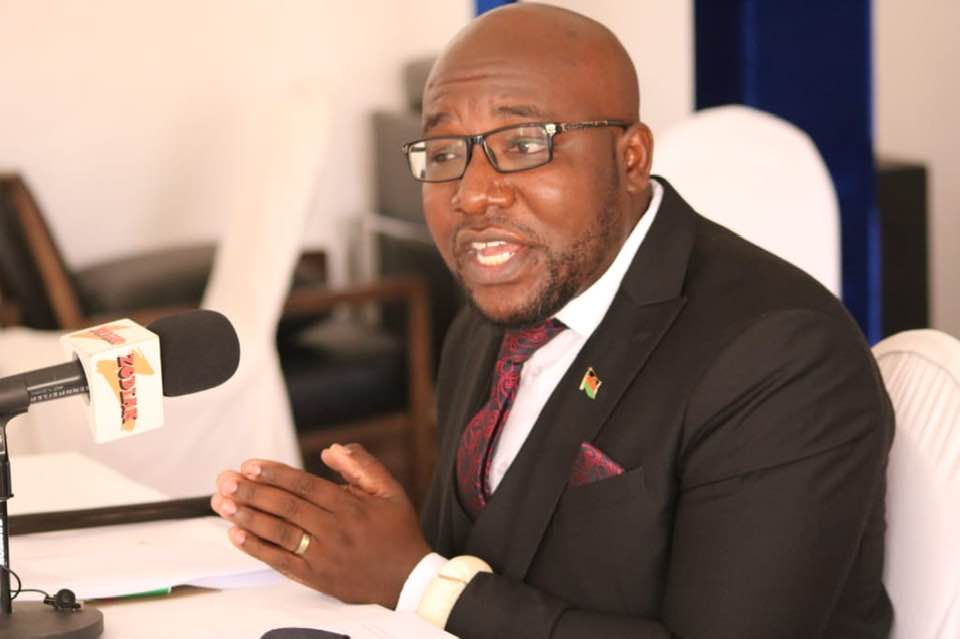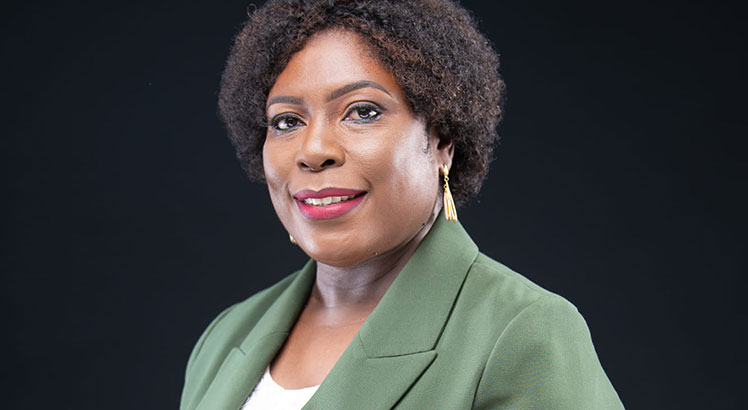Youth participation in politics
Last year, an Afrobarometer opinion poll revealed that despite being the majority of Malawi’s population, the youth are failing to ride on their numbers to advance their political agenda.
According to the perception survey, the agenda for the country’s youthful majority is dictated by priorities and wisdom of elders, resulting in limited political participation by the dominant age group.

Paradoxically, the findings by Afrobarometer in partnership with the University of Malawi’s Centre for Social Research of the shows a decline in youth participation in politics.
For instance, although they constitute for over half of registered voters, the youth falls short when it comes to competing for and taking up political positions, discussing politics, attending political meetings and even working with politicians.
Results show that 60 percent of the youth who participated in the survey voted in the 2020 Fresh Presidential Election, compared to 85 percent of respondents aged above 36.
The researchers further report that just a quarter of young Malawians frequently discuss political matters with friends or family, while six in 10 said they attended campaign rallies in the run-up to the 2019 elections.
According to the study, 70 percent of the youth admitted participating in decision-making in 2019 compared to 86 percent among those above 35.
By 2022, the figures had dropped to 60 percent and 85 percent, respectively.
As the country prepares for the September 2025 General Election, various stakeholders are using these insights to ramp up support for the youth to participate in political processes.
Centre for Social Research junior research fellow Witness Alfonso quotes the Malawi Electoral Commission tallies, which show that in the 2019 Tripartite Election, 56 percent of registered voters were aged 18 and 35.
For him, the dominant age group has the advantage to push for what they want because they have the numeral capital.
“The youth need to understand that things can never change in their favour if they don’t push for it,” says Alfonso. “If they don’t engage with the political leaders who make decisions on their behalf, there is no way these leaders will push for what the youth need.”
The researcher rallies the youth to take part in politics instead of shunning it in favour of white-collar jobs.
“It is very important for the young people in Malawi to actively participate in the political processes so that they can to push their agenda,” he challenges.
Concurring, Centre for Youth Empowerment and Civic Education executive director Lucky Mbewe faults the country’s politicians for making politics unattractive to young people.
He states: “There is a general perception that politics is a preserve for old people because the policies are not youth-friendly.
“Additionally, in Malawi politics is seen as business for the elite and rich people. This give-and-take approach does not motivate the youth to join in since they have no money to woe the voters. It restricts meaningful youth participation in politics.”
Mbewe further faults some politicians for exploiting the youth to commit crimes and entertain crowds during political rallies instead of allowing them to take decision-making positions.
“We have seen politicians taking advantage of the vulnerabilities of the youth by abusing them as agents of political violence against their political opponents for little pay,” he says.
Since the 2020 court-ordered election, some youthful groups have been spotted perpetrate violence in Zomba and Lilongwe.
“Unless this is checked, we will continue putting in positions of power people who do not have any clue in running the state affairs,” Mbewe warns.
He reckons the nation should expect voter apathy next year as many youthful voters may not go to cast the ballots or patronise political activities due to frustration.
This amplifies the rising calls for the government to deliver big promises for the youth, including creating one million jobs every year to end the country’s massive youth unemployment.
Mbewe laments that government’s failure to create life-changing opportunities and space for the youth within political spheres deprives ruling elites of checks and balances to fulfill their promises.
He challenges change agents and pressure groups to come up with innovative strategies for mobilising the youth to participate in active politics despite decades of exclusion.
Foundation for Civic Education and Social Empowerment executive director Christie Banda says the youthful majority is frustrated and alienated by unfulfilled political promises.
“We gave demands to the current administration during the campaign period, but not much has been fulfilled. Young people are not supported enough to advance their agenda in politics and their voice is neither heard nor amplified,” she laments.
Banda says the youth need resources and training to make their political agenda work.
Youth and Society (YAS) executive director Charles Kajoloweka urges political leaders to engage more with the youth and address their needs.
He says as the country edges closer to the 2025 General Election, there is need for efforts to educate the youth not only about the importance of participating in politics but also in development processes.
According to the Inter-Parliamentary Union (IPU) Parline Globe Data on Parliaments, only 27.62 % of members of Parliament in the country’s 193-seat National Assembly are aged 40 or younger.





